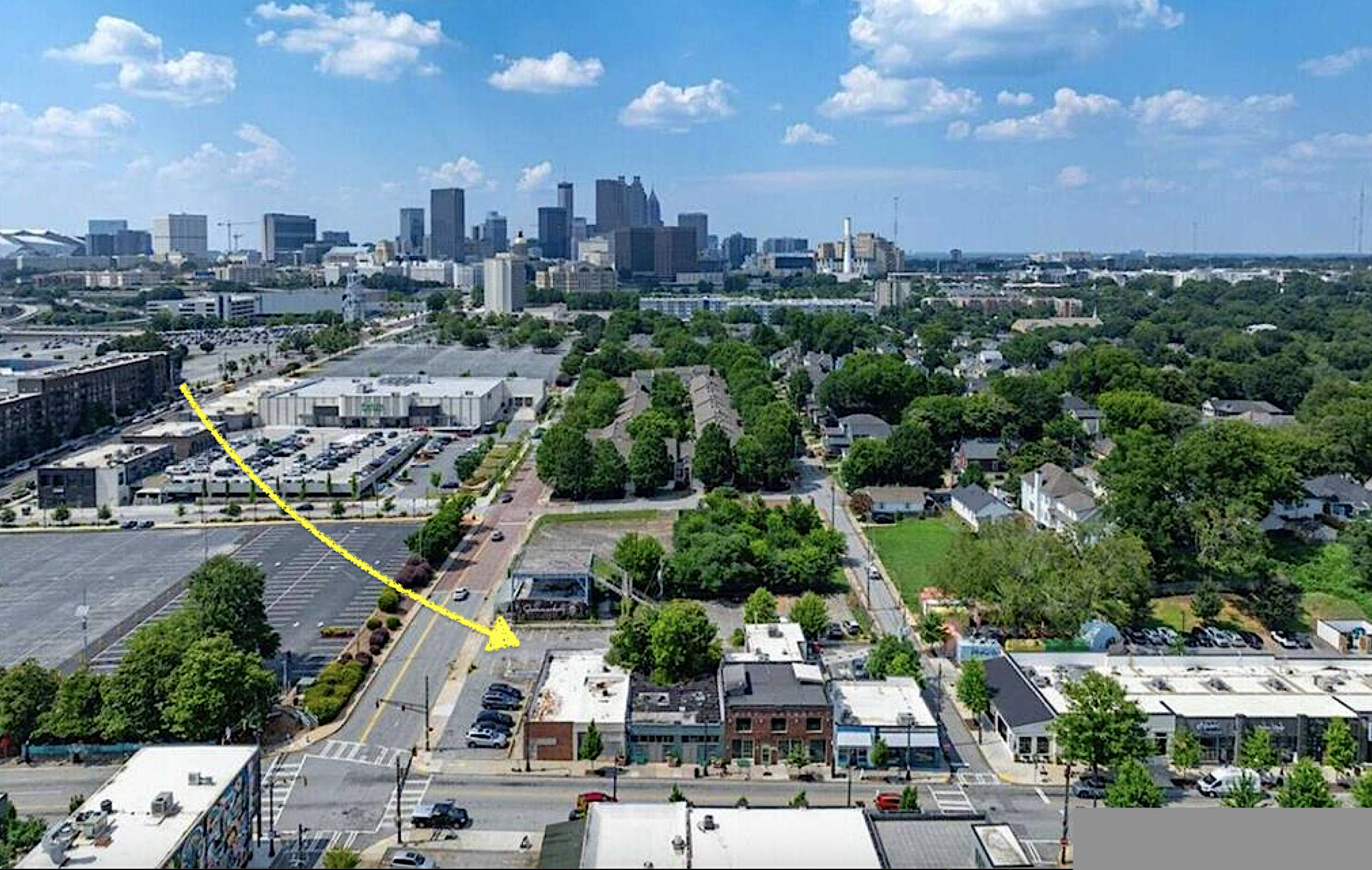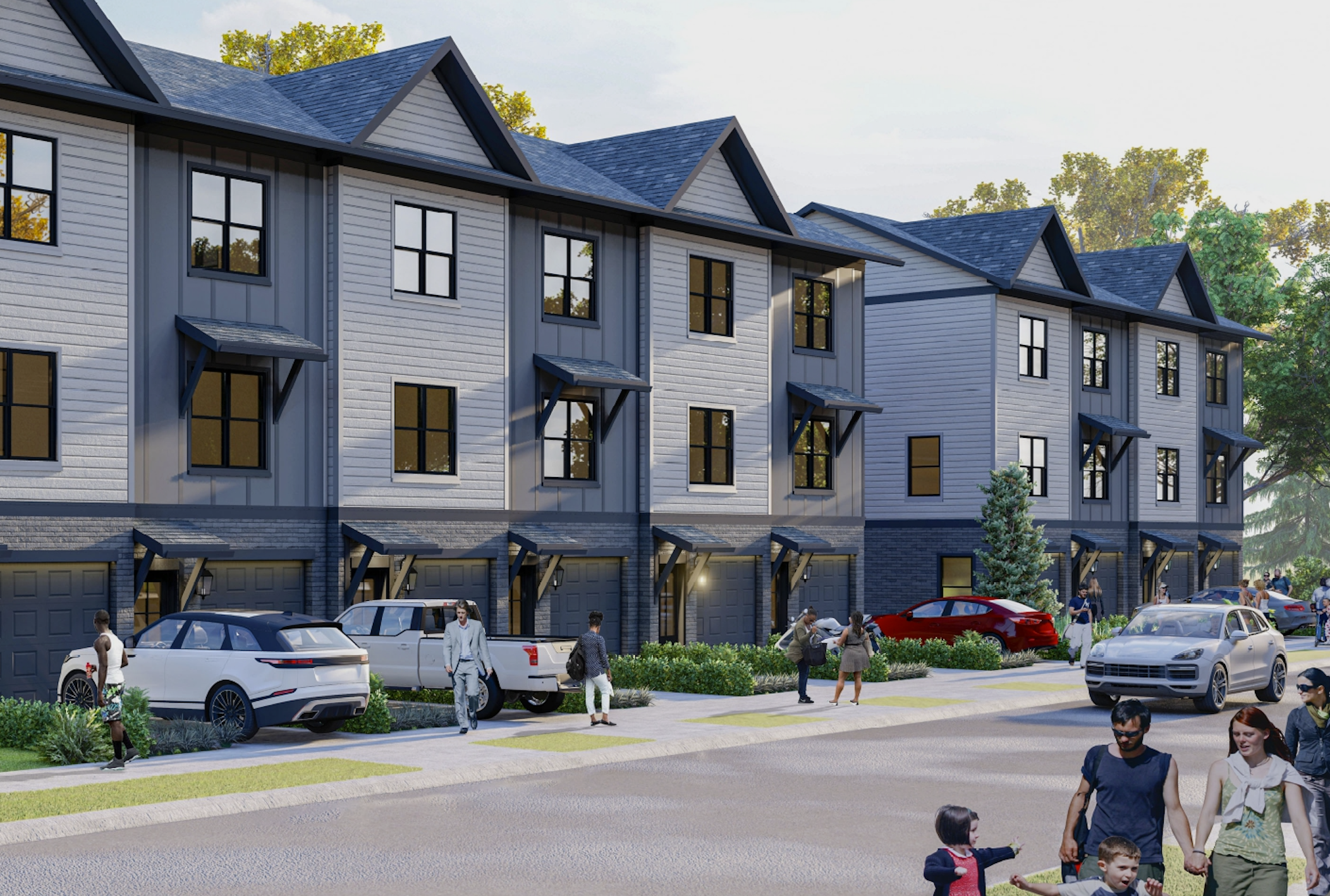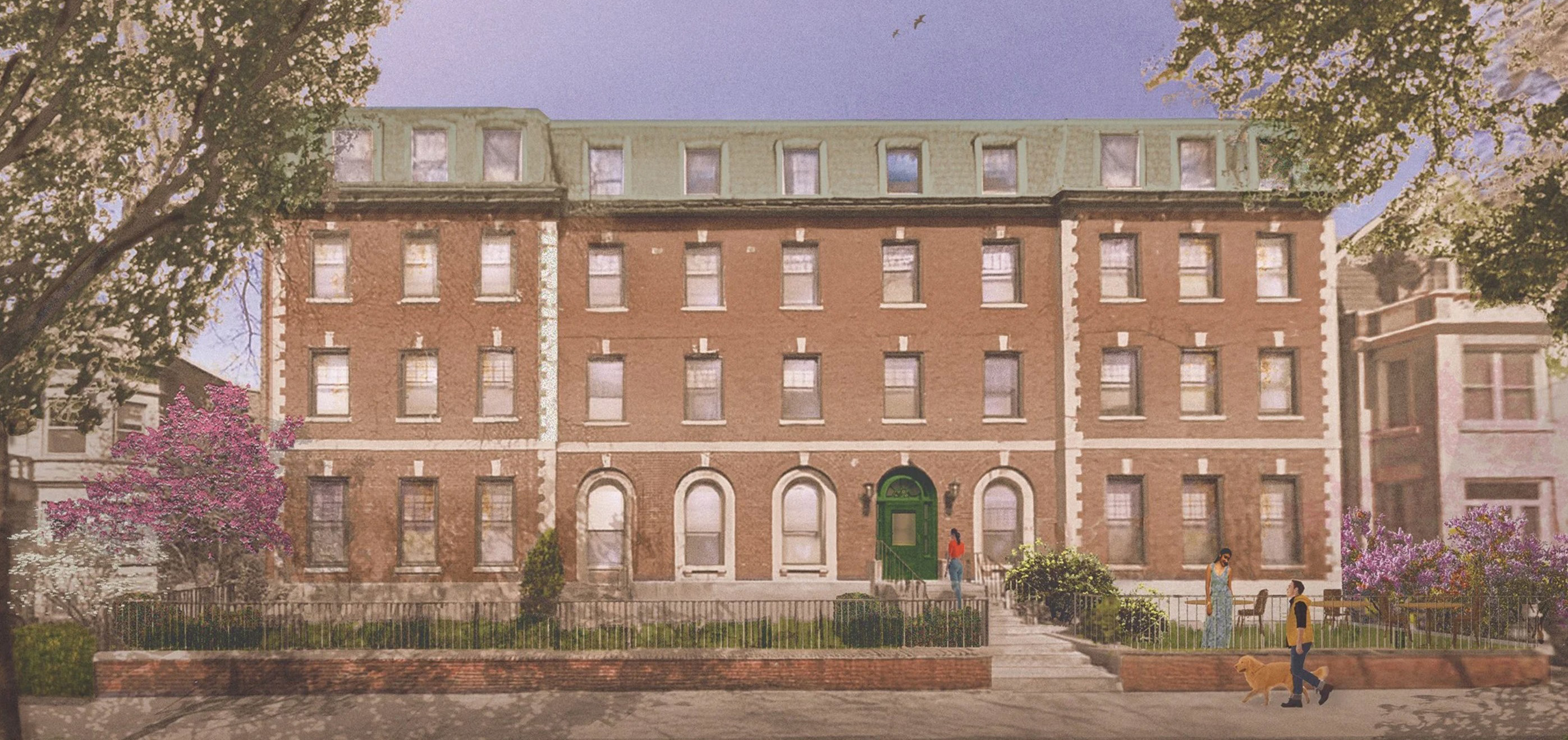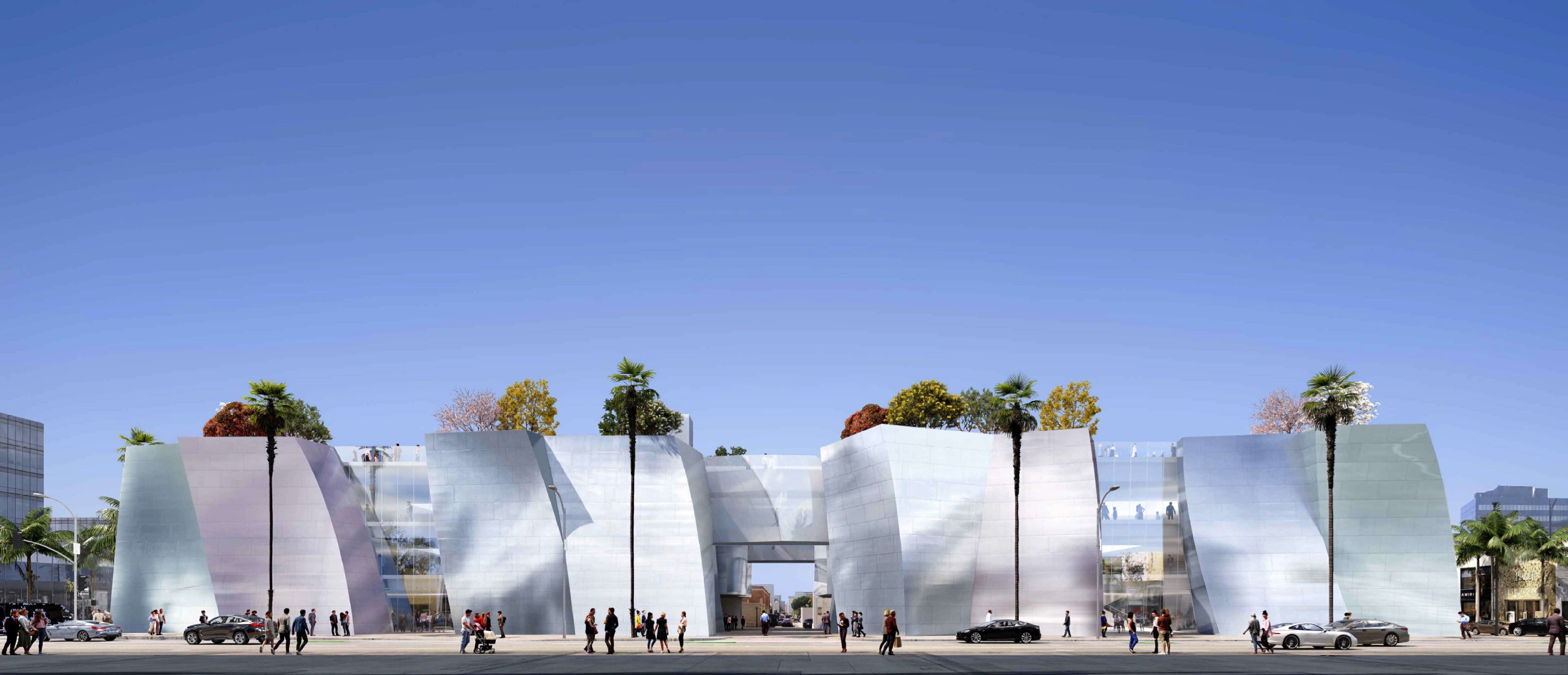Your City. Your Market. Your Next Deal.Stay up to date on national urban real estate |
|
📅 Today's Story: Will AI empower urban planners, or slowly replace them? Urban planner Tom Sanchez examines the evolving role of AI in planning, comparing the profession’s future to historical precedent in professions like accounting.
TECHNOLOGY
Planners vs. Processors: Will AI Automate Urban Planning? |
|
📰 What Happened: While the BLS projects only 3% growth for urban planning through 2034, this may underestimate genAI, which is summarizing zoning codes, drafting memos, and simulating scenarios. As Sanchez notes, secretaries declined as typing was automated, while accountants thrived by adopting modern tech stacks.
🔍 A Closer Look: Urban planning may face a “dual reality.” AI is well-positioned to eliminate most entry-level tasks (like memo writing and data analysis), which were once stepping stones into the profession. At the same time, higher-order strategies (such as setting policy) require a personal touch and human trust.
🧠 Why It Matters: The urban planning profession is changing quickly. Planners, educators, and associations must embed AI literacy into their training and workflows or risk being sidelined by tech-forward competitors. Rather than replacing planners, AI could make their roles more strategic—if the profession embraces the change.
| SummerhillFull corner of Summerhill commercial zone up for grabs. Any big ideas? That'll be $12 million, for four contiguous properties off Georgia Avenue |
| DecaturDozens of townhomes break ground near Avondale Estates, Decatur REV3 at Avondale East project forecasts vertical construction early next year |
| Lincoln ParkHostel to residential conversion in the works at 616 W. ArlingtonThe existing Getaway Hostel will be converted into 36 apartments |
| PullmanCDC approves $2.86 million in TIF funding for Hampton Inn PullmanThe four-story hotel will rise 11030 S. Doty |
| Beverly GroveNew details for Gehry-designed Louis Vuitton flagship at 468 Rodeo Drive in Beverly HillsThree-story, 100,000-square-foot complex would also include a museum and a restaurant |
| West AdamsMuseum of Ice Cream takes shape at 5252 W. Adams BoulevardThree-story building is slated to open in 2026 |
| GlendaleDeveloper wants to add more rooms to under-construction Hotel Indigo at 515 N. Central Ave. in GlendaleThe building was approved in 2020 as a seven-story, 162-room hotel |
| PasadenaNew look for proposed apartments at 810 N. Marengo Ave. in PasadenaPlans call for a three-story, 32-unit apartment complex |









